This Former Star Is Opening Up About Her Infamous “Dr. Phil” Interview
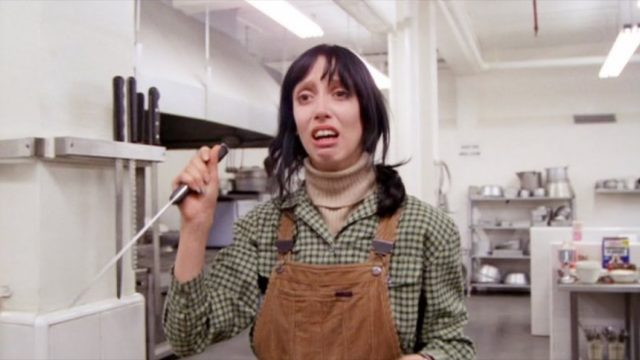
Actor and producer Shelley Duvall has long since retired from Hollywood and removed herself from the spotlight (her most recent screen credit being the 2002 film, Manna From Heaven). But the star, best known for playing Wendy Torrance in Stanley Kubrick‘s feature film adaptation of The Shining, did emerge again briefly in 2016. Duvall was interviewed in an episode of Dr. Phil that November, which resulted in an outcry over the show’s treatment of her and exploitation of individuals seemingly in crisis. Now, in brand-new interview with The Hollywood Reporter, Duvall is breaking her silence about that controversial Dr. Phil appearance. Read on to find out what she said, and for other stars who’ve spoken out about mental health, check out Celebrities That Have Spoken About Their Depression.
Duvall’s Dr. Phil interview was concerning to many.
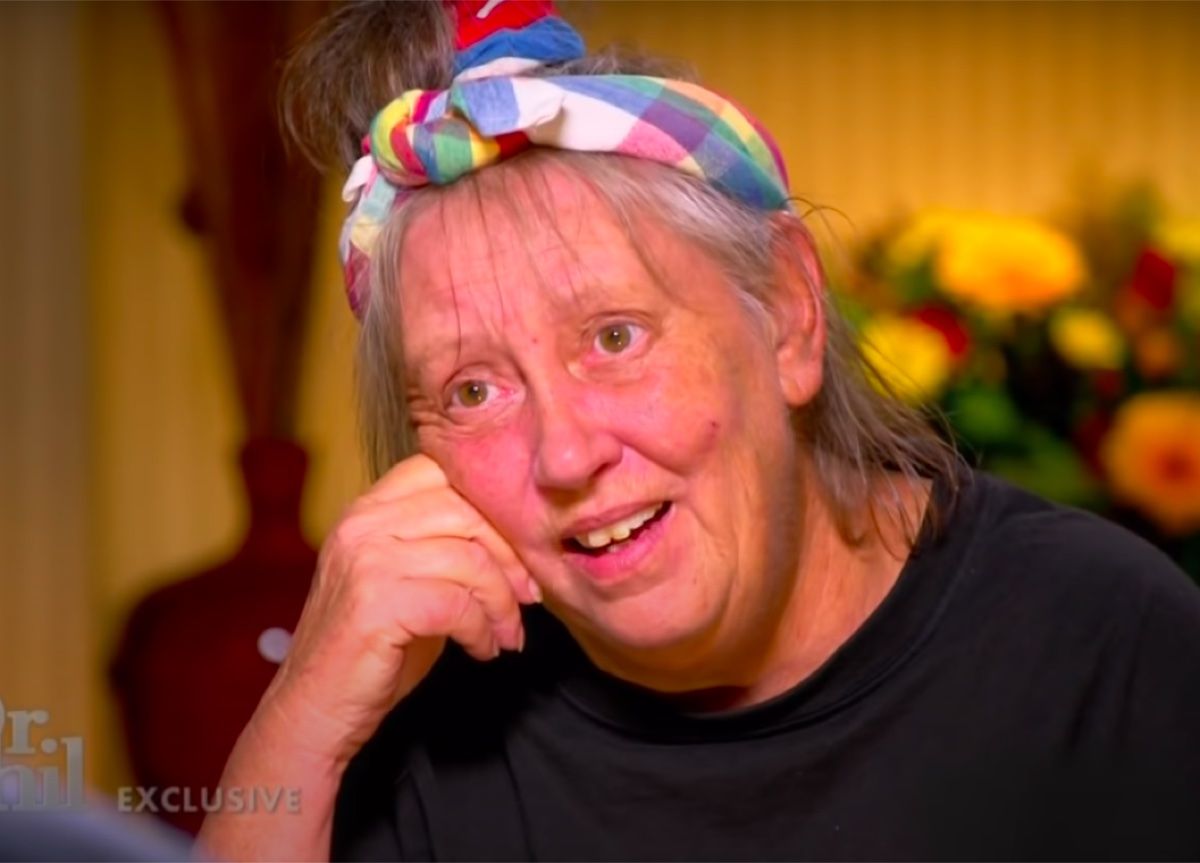
Host Phil McGraw and his team traveled to where Duvall now lives in Texas to interview the retired star. As they talked in the 2016 interview, Duvall behavior’s was erratic and her logic confused. At once point, she said, “I’m very sick. I need help.” At another, she said that she didn’t think her Popeye co-star Robin Williams, who had died two years previous, was actually dead, but is instead “a shapeshifter.”
The aim of McGraw and the show was supposedly to convince Duvall to seek inpatient treatment for mental illness, which she declined. (She’s also never publicly shared a diagnosis.) As Deadline points out, the episode’s credits note that the clinic named on Dr. Phil was thanked for “promotional consideration.”
For more news sent right to your inbox, sign up for our daily newsletter.
There was an outcry on social media.
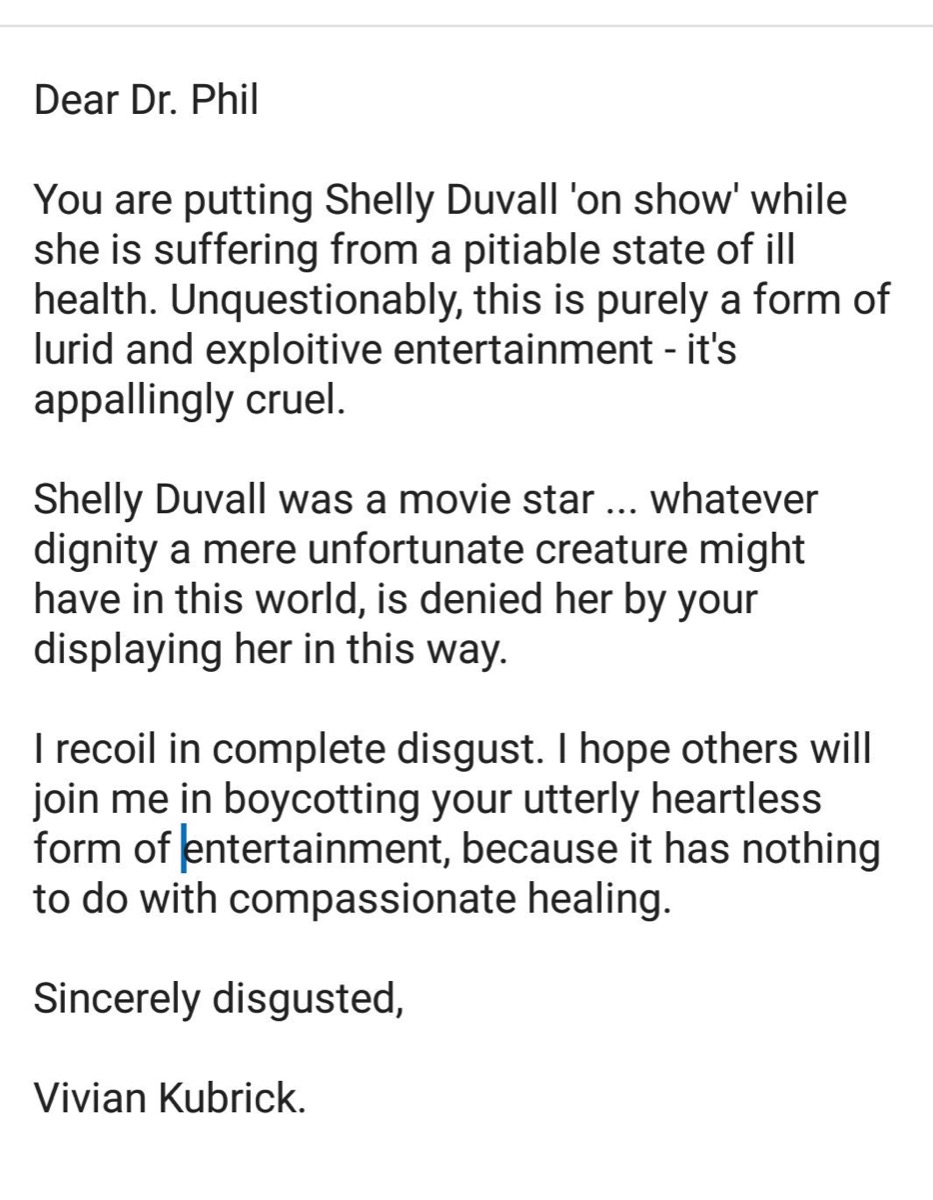
Vivian Kubrick, daughter of Duvall’s Shining director, shared an open letter to Dr. Phil on Twitter, writing, “Your exploitive use of Shelly Duvall is a form of LURID ENTERTAINMENT and is shameful.”
“We have cherished memories of the great Shelley Duval [sic] – The Shining, Popeye etc,” Mia Farrow tweeted. “Don’t let @DrPhil exploit her now.”
The episode was covered by other talk shows, including The Wendy Williams Show, which also criticized McGraw and his producers for sensationalizing Duvall’s state and possibly taking advantage of her.
Duvall says now that she doesn’t remember her brush with Dr. Phil fondly.
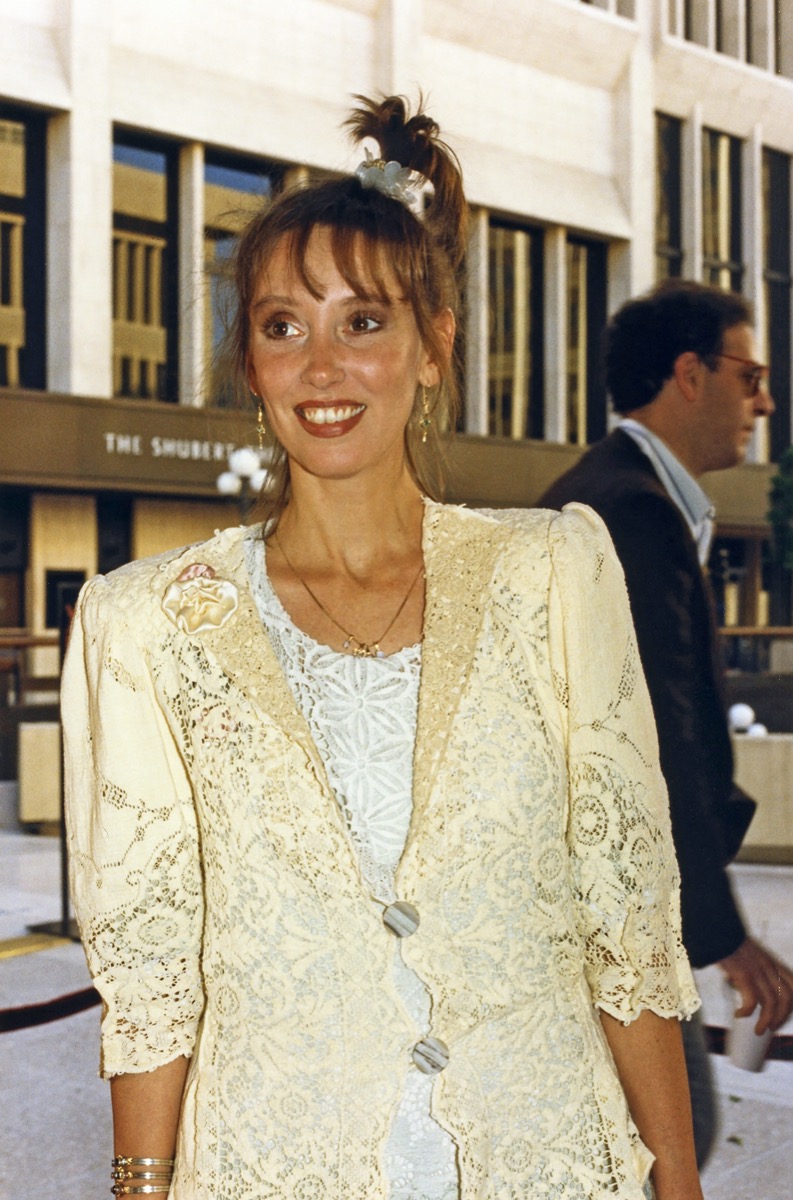
In her new interview with THR, Duvall’s statements were much more clear and understandable. And when it came to McGraw, she didn’t have any praise. The publication noted that she became “visibly distressed” when the host’s name was said. “I found out the kind of person [McGraw] is the hard way,” she said. “My mother didn’t like him, either. A lot of people, like Dan [Gilroy, her partner], said, ‘You shouldn’t have done that, Shelley.'”
Duvall also claimed that McGraw continued to reach out to her and her family after the much-criticized interview aired. “He started calling my mother. She told him, ‘Don’t call my daughter anymore,'” she remembered. “But he started calling my mother all the time trying to get her to let me talk to him again.”
The Dr. Phil show responded to her comments in a statement.
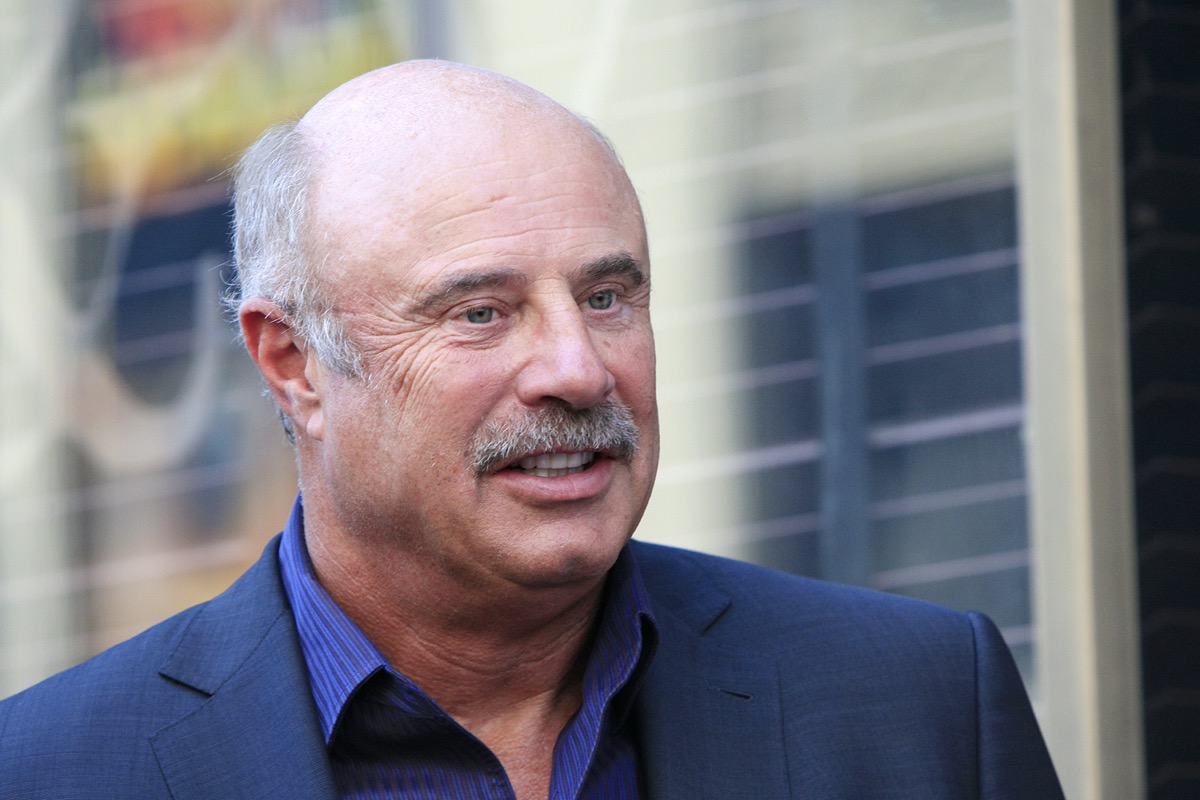
“We view every Dr. Phil episode, including Miss Duvall and her struggle with mental illness, as an opportunity to share relatable, useful information and perspective with our audiences,” a spokesperson told THR. “We don’t attach the stigma associated with mental illness which many do. With no one else offering help, our goal was to document the struggle and bring amazing resources to change her trajectory as we have for so many over 19 years. Unfortunately, she declined our initial offer for inpatient treatment that would have included full physical and mental evaluations, giving her a chance to privately manage her challenges. After many months of follow-up, in collaboration with her mother, she ultimately refused assistance. We were of course very disappointed, but those offers for help remain open today.”
Given Duvall’s memories of her experience with McGraw, it’s unlikely she’ll take him up on those offers.